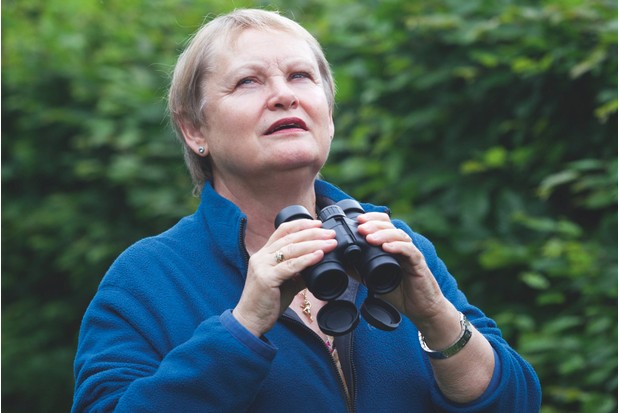The species that will in future be listed as Endangered is Panthera leo leo, which resides in India and western and central Africa, and listed as Threatened will be Panthera leo melanochaita, located in eastern and southern Africa.
Alongside this listing, which will come into effect on 22 January 2016, and in order to protect lions and other foreign and domestic wildlife from criminal activity, USFWS Director Dan Ashe has also strengthened the enforcement of wildlife permitting requirements.
This will ensure that violators of wildlife laws are not subsequently granted permits for future wildlife-related activities, including the import of sport-hunted trophies.
In the last 20 years, lion populations have declined by 43 per cent due to habitat loss, loss of prey base, and retaliatory killing of lions by a growing human population.
Coupled with inadequate financial and other resources for countries to effectively manage protected areas, the impact on lions in the wild has been substantial.
“The lion is one of the planet’s most beloved species and an irreplaceable part of our shared global heritage,” says Ashe.
“If we want to ensure that healthy lion populations continue to roam the African savannas and forests of India, it’s up to all of us – not just the people of Africa and India – to take action.”
In March 2011, the USFWS received a petition from organisations, including Born Free USA, to list the African lion subspecies (P. l. leo) as endangered under the ESA.
In October 2014, the Service published a 12-month finding and proposed a rule to list the African lion as threatened with a special rule under section 4(d) of the ESA.
Based on newly available scientific information on the genetics and taxonomy of lions, the USFWS assessed the status of the entire lion species and subsequently changed its earlier finding.
Adam M Roberts, CEO of Born Free USA and the Born Free Foundation says: “It has been a very long four years waiting for this decision, with each year seeing more lions slaughtered by hunters for trophies.
“This is a victory and we applaud USFWS for agreeing that these animals deserve significant international protection under the ESA, popularly considered one of the world’s most important conservation laws.
“There is now hope for future generations to be able to witness the beauty of the lion in the wild.”
With an Endangered listing, imports of P. l. leo will generally be prohibited, except in certain cases such as when it can be found that the import will enhance the survival of the species.
To further strengthen conservation measures for the threatened P. l. melanochaita, the USFWS is also finalising a rule to establish a permitting mechanism regulating the import of all P. l. melanochaita parts and products, including live animals and sport-hunted trophies, into the United States.
The process will ensure that imported specimens are legally obtained in range countries as part of a scientifically sound management programme that benefits the subspecies in the wild.
Despite the significant and continued declines in population and range, the number of lion trophies imported to the United States has been increasing.
In 2014 trophy imports to the United States were greater than any other year in the preceding decade and more than twice the number in 2005.
“Importing sport-hunted trophies and other wildlife or animal parts into the United States is a privilege, not a right; a privilege that violators of wildlife laws have demonstrated they do not deserve,” says Ashe.
“We are going to strengthen our efforts to ensure those individuals – people who have acted illegally to deprive our children of their wildlife heritage – are not rewarded by receipt of wildlife permits in the future.”
For more information, a copy of the final rule and Director’s Order, go to: www.fws.gov/endangered/what-we-do/lion.html.
